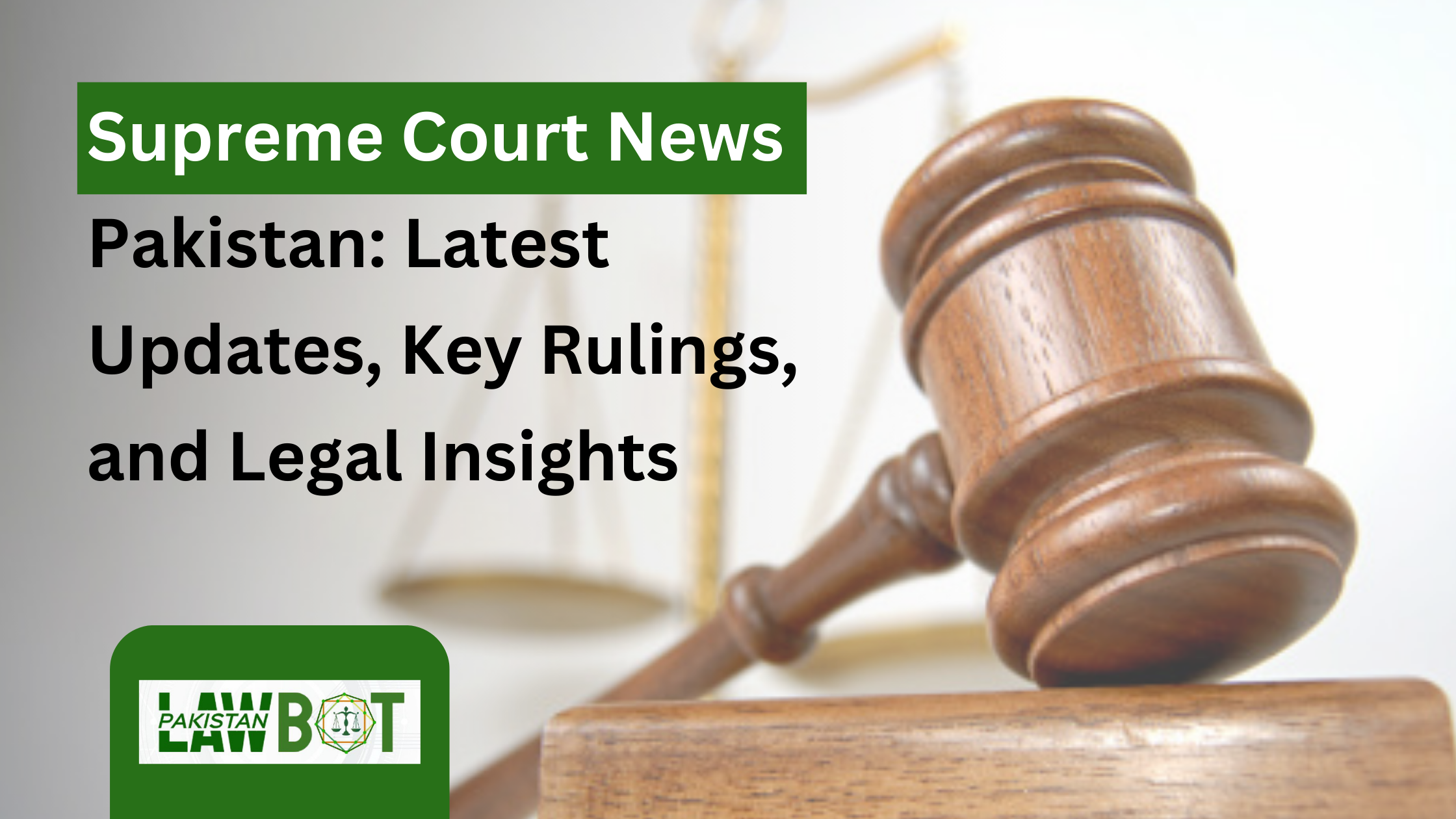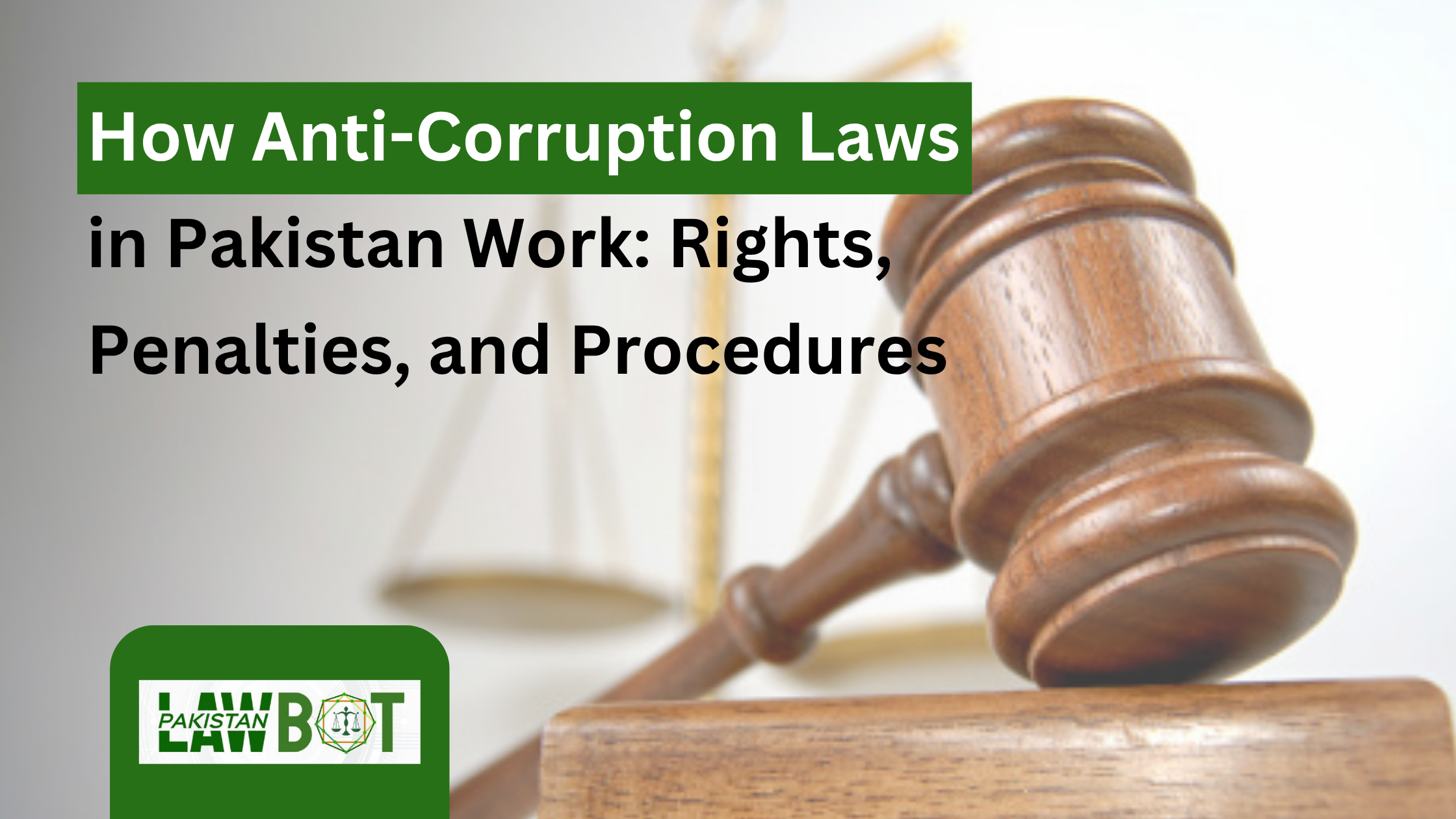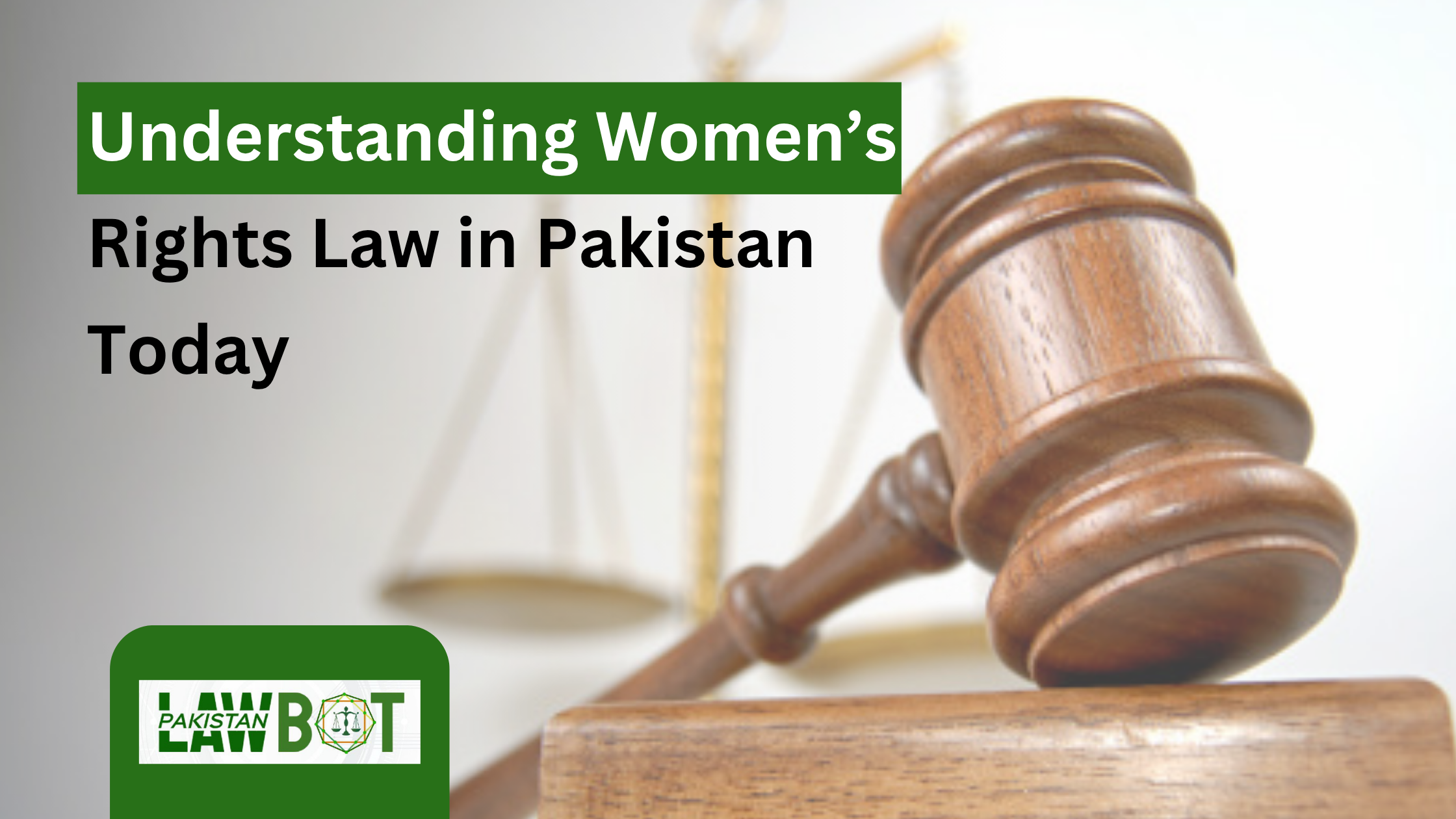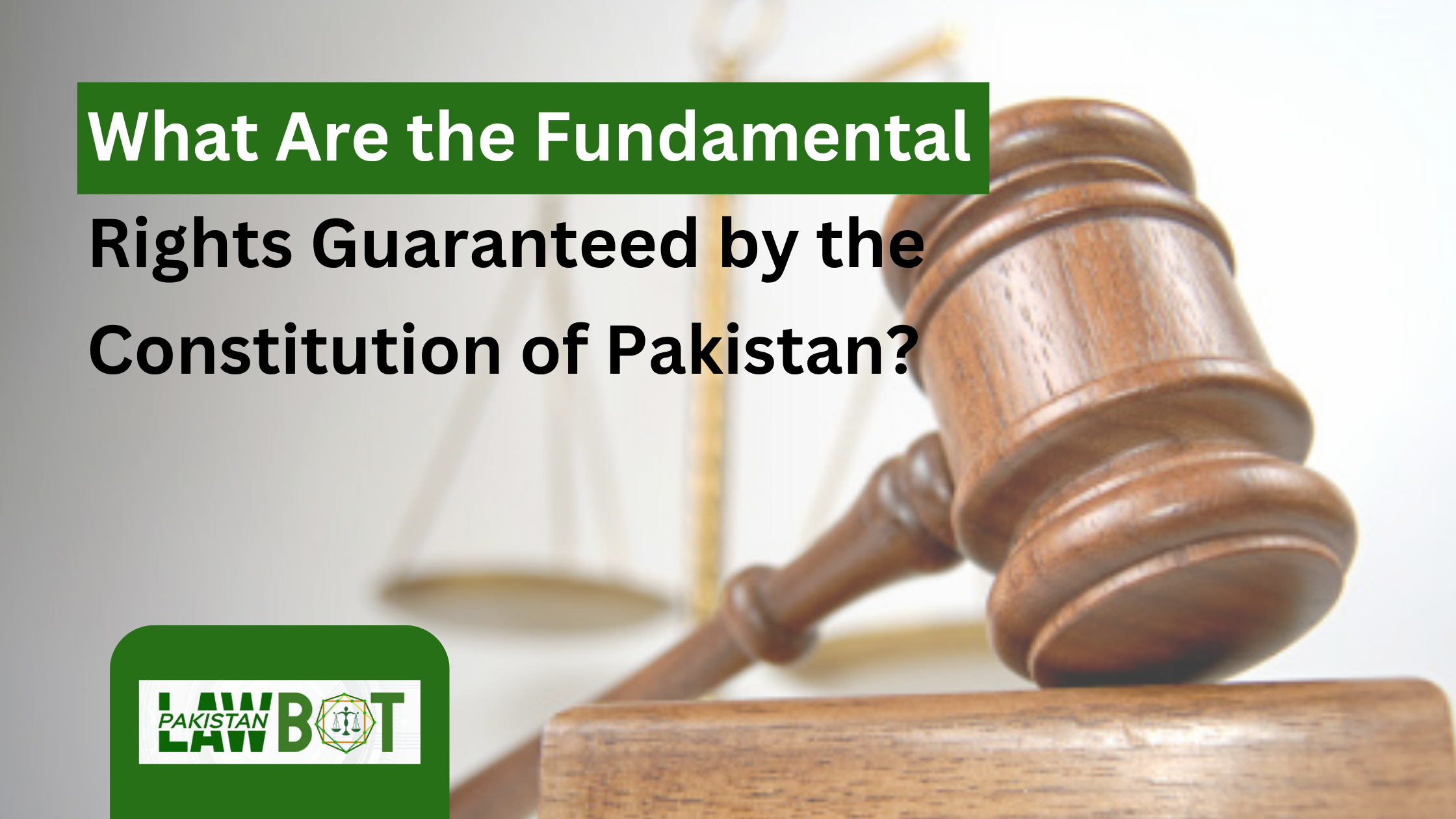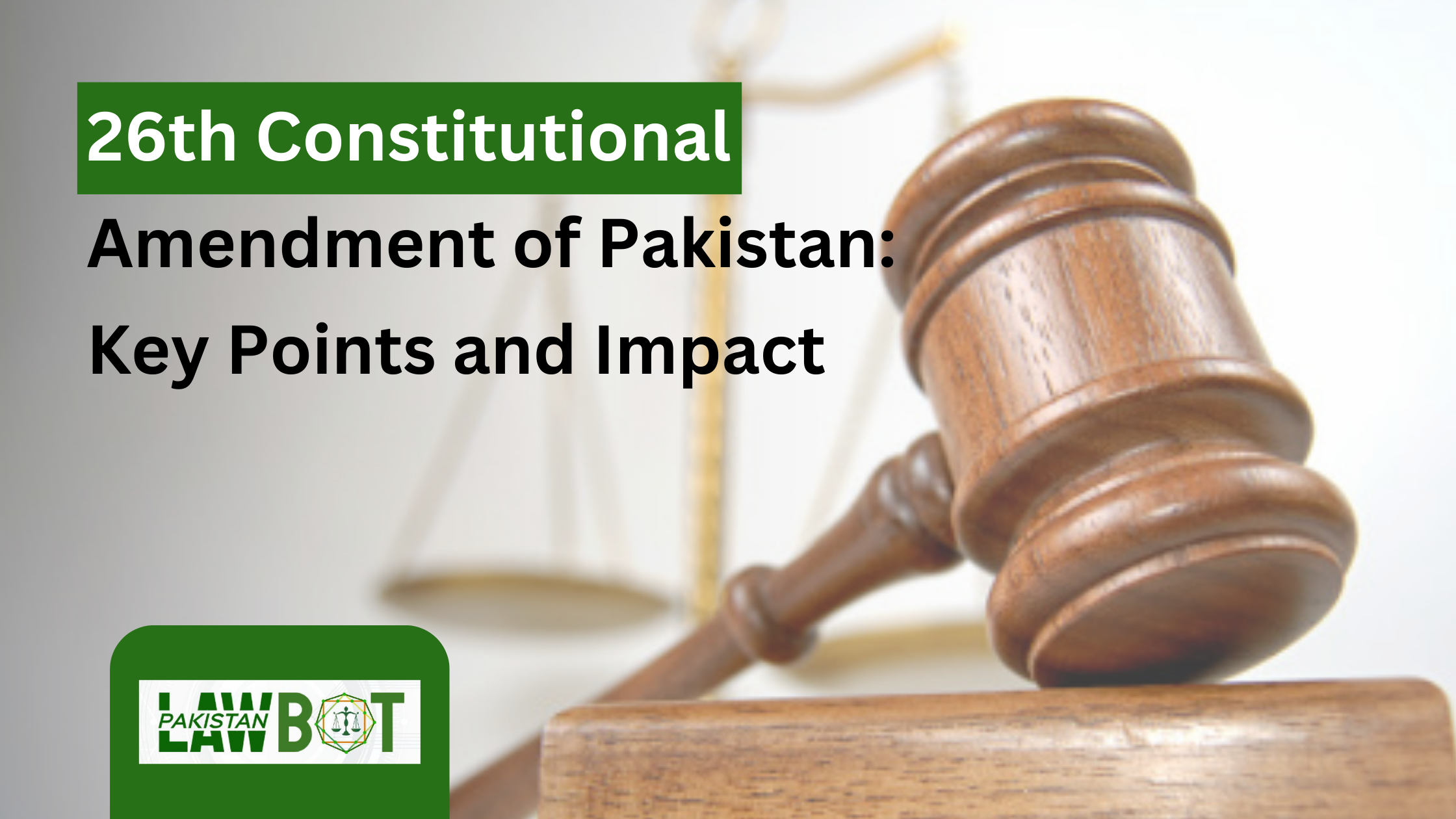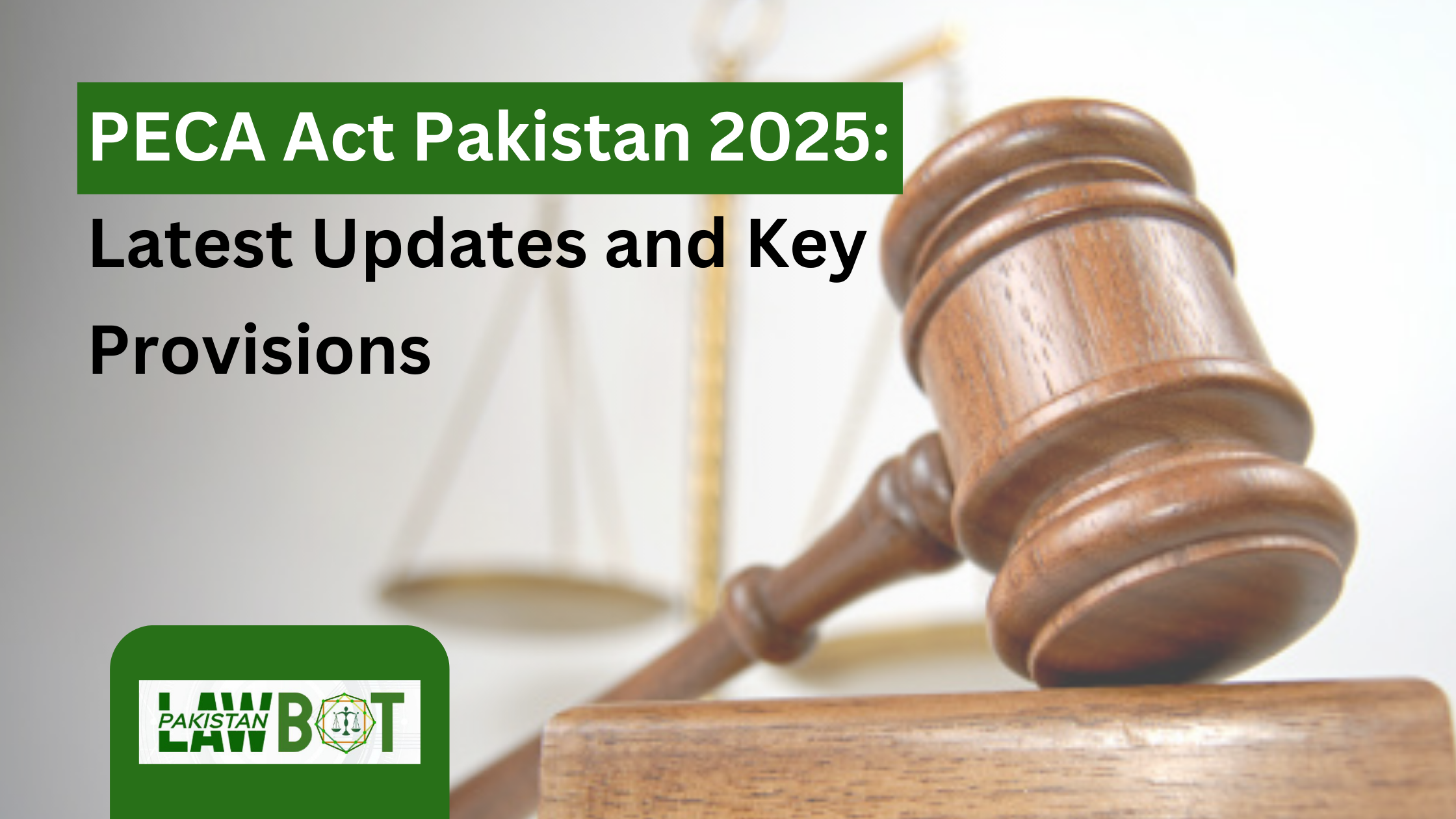The Supreme Court of Pakistan is not just the highest court in the country; it is the guardian of the Constitution and the final authority on legal disputes. Every major decision that comes out of this institution impacts governance, society, and the lives of ordinary citizens. Keeping track of Supreme Court news in Pakistan has therefore become vital for lawyers, policymakers, businesses, and the general public alike.
In this article, we will explore the role of the Supreme Court, its recent news highlights, how it influences daily life, and why following its updates is important.
The Role of the Supreme Court
The Supreme Court stands at the top of Pakistan’s judicial hierarchy. It hears appeals against decisions of High Courts, resolves constitutional issues, and interprets laws that shape the country’s governance.
Whenever a matter involves the Constitution or fundamental rights, the Supreme Court becomes the ultimate forum of justice. Its decisions are binding on all other courts, making it the most powerful judicial body in the country.
Why Supreme Court News Matters
Supreme Court decisions often go beyond technical legal issues. They influence politics, economy, civil liberties, and government policies. For example:
-
Political cases: Decisions about elections, disqualification of lawmakers, or power disputes between institutions directly shape Pakistan’s democracy.
-
Economic cases: Rulings on taxes, business regulations, and contracts affect investors and companies.
-
Civil rights cases: Judgments about free speech, freedom of assembly, or privacy directly impact citizens.
Because of this, Supreme Court news in Pakistan is followed not only by lawyers but also by journalists, activists, and business leaders.
Recent Developments in Supreme Court News
In recent years, several major cases have kept the Supreme Court in the spotlight. While the details of cases change frequently, the themes remain constant: constitutional disputes, political accountability, and protection of rights.
Political Accountability
The Court has heard cases on corruption, disqualification of public representatives, and the scope of accountability laws. These decisions often spark nationwide debates and sometimes lead to changes in the political landscape.
Election Disputes
Supreme Court benches have also reviewed challenges to election laws and the role of the Election Commission. In a country where elections are closely watched, such rulings influence public trust in democracy.
Human Rights and Fundamental Freedoms
Petitions related to women’s rights, minority protections, and freedom of the press have reached the Court. The rulings serve as a reminder that the Constitution guarantees equal rights to all citizens.
How Supreme Court Decisions Affect Daily Life
Many people think that the Supreme Court only deals with political cases. In reality, its judgments often have a direct link with everyday life.
-
Utility bills and taxes: Rulings on electricity tariff disputes or taxation can change what consumers pay.
-
Environmental protection: Orders on pollution and land use affect how cities grow and how industries operate.
-
Employment and labor rights: Decisions regarding service laws influence job security and benefits for thousands of workers.
By staying updated with Supreme Court news in Pakistan, ordinary citizens can better understand how laws and policies are shaping their daily realities.
The Media and Supreme Court Coverage
Media plays a central role in shaping public understanding of court decisions. Television talk shows, newspapers, and online portals highlight every development. However, sometimes complex legal matters are reduced to sensational headlines.
This is where reliable sources like legal platforms, law portals, and tools such as Pakistan Law Bot come in. They provide clear, fact-based updates without political spin. Such platforms help both students and professionals to grasp the actual legal reasoning behind the judgments.
Technology and Access to Court Updates
With digital transformation, following the Supreme Court has become easier than ever. The Court’s official website publishes press releases, cause lists, and full texts of judgments. Legal apps and AI-powered platforms like Pakistan Law Bot allow users to ask questions, summarize judgments, and track ongoing cases.
This makes legal information more accessible not only to lawyers but also to students, journalists, and the general public.
Challenges Facing the Supreme Court
While the Supreme Court is a symbol of justice, it faces several challenges that often appear in the news.
Case Backlog
Thousands of cases are pending, leading to delays in justice. The Court frequently highlights this issue and looks for reforms to improve efficiency.
Public Perception
Since many cases involve political figures, people often question whether decisions are made purely on legal grounds or influenced by external pressures. Building trust in judicial independence remains an ongoing challenge.
Consistency in Judgments
At times, different benches of the Court give varying interpretations of laws. This inconsistency can create uncertainty, especially for businesses and policymakers.
How Lawyers and Citizens Can Stay Informed
Following Supreme Court news in Pakistan requires more than just watching headlines. Some practical steps include:
-
Reading official judgments to understand the full legal reasoning.
-
Following trusted legal platforms like Pakistan Law Bot for simplified explanations.
-
Engaging in legal discussions through seminars, webinars, and forums.
-
Staying updated with law journals and credible newspapers.
These habits not only improve legal awareness but also help build a more informed society.
The Supreme Court and the Future of Justice in Pakistan
The role of the Supreme Court will only grow stronger in the years to come. As Pakistan faces new challenges like digital rights, cybercrime, and international trade disputes, the Court will have to adapt its interpretations of law.
Furthermore, the increasing use of technology in courts—such as video hearings and AI-based research—can make justice faster and more accessible. Initiatives like Pakistan Law Bot will complement this shift by bridging the gap between citizens and complex legal language.
Conclusion
The Supreme Court of Pakistan is more than a legal institution—it is a cornerstone of democracy and justice. Its news shapes politics, influences economic policies, and defines the rights of citizens.
For lawyers, journalists, business leaders, and ordinary people, staying informed about Supreme Court news in Pakistan is essential. Reliable platforms like Pakistan Law Bot make it easier to follow these developments and understand their implications.
In the end, every ruling from the Supreme Court reminds us that law is not just about courts and lawyers—it is about people, rights, and the future of the nation.

